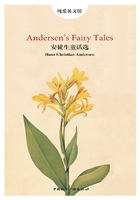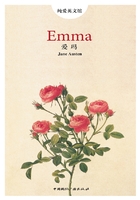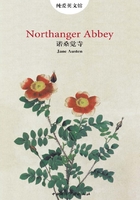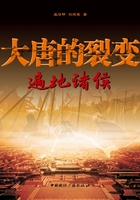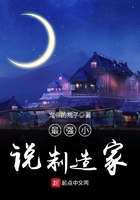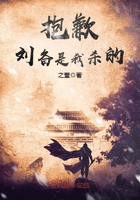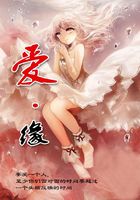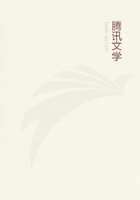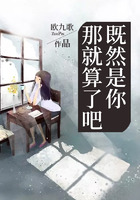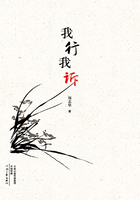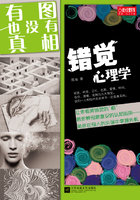At the second meeting of the sixth National People's Congress, vice-premier Li Xiannian came to the Delegation of Hubei Prov-ince and asked about his hometown. One delegate told him that most of his fellow countrymen in Hong'an lacked basic amenities and were living below the poverty line. Li became agitated and said, "Our hometown may be poor but so is the old Soviet area. This is a common problem for old revolutionary bases. Jinggang Mountain area, Yan'an, Taihang Mountain area and Honghu Lake area are all very poor. We owe a lot to the people there…" During the three years of economic difficulty (1959 to 1961), the Provincial Governor of Hubei, Zhang Xueti, visited Hong'an County. On his return to Wuhan he urgently called Li late at night, "Vice Premier, I do not care if you chop my head off, but please can you consider setting aside 100,000 tons of grain for the people back home. They are having a really hard time." After a long pause, Li said, "You can chop my head off all you want, but I still can't get you the grain! Everywhere people are finding life hard, not just in Hong'an County, not even just in Hubei Province!" When this news reached the people of Hong'an, they could not rest until they resolved to turn in another 5,000 tons of rice in support of severely affected areas in other provinces. At the county session of the People's Congress, over 300 representatives voted unanimously for this decision, whilst over 420,000 Hong'an people were still struggling with famine…
In the hometown of Qin Jiwei, the Minister of Defence, the village chief once told me about Qin's visit during the early summer of 1988. At that time, someone asked the general to appeal either to the central government, or the provincial government, to help the local people out of some difficulties. The general was a little embarrassed, and said, "If a central official such as myself seeks only to further the interests of his hometown, people will gossip. If you want to be richer, you must stand on your own two feet." After seeing the general in such a difficult position, what more could the villagers say?
People from old revolutionary bases embody a spirit of devotion and sacrifice that cannot be properly expressed by a simple word such as "great." So I asked this young man from Hong'an, "Hong'an must have seen great developments over these past few years, or am I wrong?"
"It is definitely better than when you went there," the young man said, "at least people are no longer in want of food and clothing. But it cannot compare with those rich places. There is not much industry there and with little money at hand, farmers have no choice but to work in the cities."
After work, I invited this young salesman Zhang Xiaoqiang to a McDonald's nearby for a chat. "Xiaoqiang," I said, "I'm a soldier and professional writer and reporter, and I'd like to interview you."
Zhang Xiaoqiang was clearly taken aback, "What do you want to interview me for?"
I explained, "I'm working on a report about the issues faced by the new generation of migrant workers, and I would specifically like to focus on those young migrant workers of the post-80s and post-90s."
Zhang smiled, "I was born in 1990; I guess I may as well be counted as a member of the 'new generation of migrant workers'. But do you know that my grandfather and my father also work in Beijing? I'm the third generation to work here."
"Oh? Three generations of your family? They all work in Beijing?" I asked.
Then Xiaoqiang told me the whole story: His grandfather, Zhang Yuhe, was born in 1940. He was a soldier and is now seventy-one years old. In 1982, at the age of forty-two, he became one of the first batches of migrant workers in China. In Beijing, he held jobs as a cleaner and a warehouse keeper. Xiaoqiang's father, Zhang Degui, now in his late forties, belongs to the second generation of migrant workers. He used to make furniture and is still a painter and decorator in Beijing.
Zhang's family was a microcosm of three decades' history of migrant workers in China. This accidental discovery was gold-dust to a reporter like me, and I had to stifle my excitement.
I asked Xiaoqiang, "How many foot spas did you sell this shift?"
"Thirteen."
"How much do you earn per sale?"
"I get six percent."
I did the calculation in my head, "In that case, today you'll make at least 100 yuan. That's not bad."
Xiaoqiang waved his hand, "It's not calculated that way. In our business, there's a big difference between high and low season. Now with New Year around the corner, it's peak season; you can sell anything because everyone is buying gifts. But after New Year, especially in summer when the heat is sweltering, no one wants to buy a foot spa. Some days it can be hard to sell a single piece, and then I barely earn 1,000 yuan in a month."
"Well, I think you're a dab hand at selling stuff."

